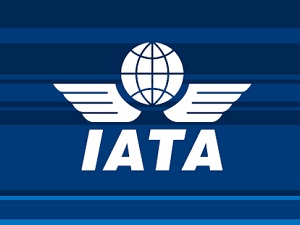The Philippines’ unified multi-purpose ID (UMID) system has been deemed “weak” by the Asian Development Bank (ADB) for covering only less than a tenth of Filipinos while also lacking legal buffers.
In the report “Identity for Development in Asia and the Pacific,” the ADB said the Philippines’ UMID system remained weak due to “extremely low coverage.” It cited the latest World Bank statistics, which showed that only less than 8 percent of the population were enrolled as of 2015.
“In the current UMID system, groups such as the self-employed, the unemployed, minors, and those working abroad have not been enrolled,” it noted.
Given the low coverage, the system’s relevance has gotten severely diminished, it said.
The Manila-based multilateral lender also noted the UMID system was “not easy to integrate, since it only offers a chip-based offline authentication process.”
Adding to its weakness was also the fact that the system had not been backed by complete legal protection, the ADB said. It pointed out the UMID was merely based on an executive order.
“For nearly two decades, the government of the Philippines has attempted to establish a national ID system. However, these attempts have faced opposition on constitutional and privacy grounds,” the ADB noted.
The ADB, however, noted the country’s ID system is currently in transition to a proposed new system dubbed “the Filipino ID.” The UMID system was assessed as still being at its intermediate stage.
ADB said that among the UMID system’s strengths include its strong biometric-based deduplication solution that allows members’ database duplicate-free.
“There is also a degree of harmonization of IDs as the UMID card replaces some of the existing agency IDs. There are also use cases beyond identity and authentication, such as use as a debit card,” the ADB added.
At present, the UMID is being issued to members of the Government Service Insurance System (GSIS), the Home Development Mutual Fund (Pagibig Fund), the Philippine Health Insurance Corporation (PhilHealth) and the Social Security System (SSS).


